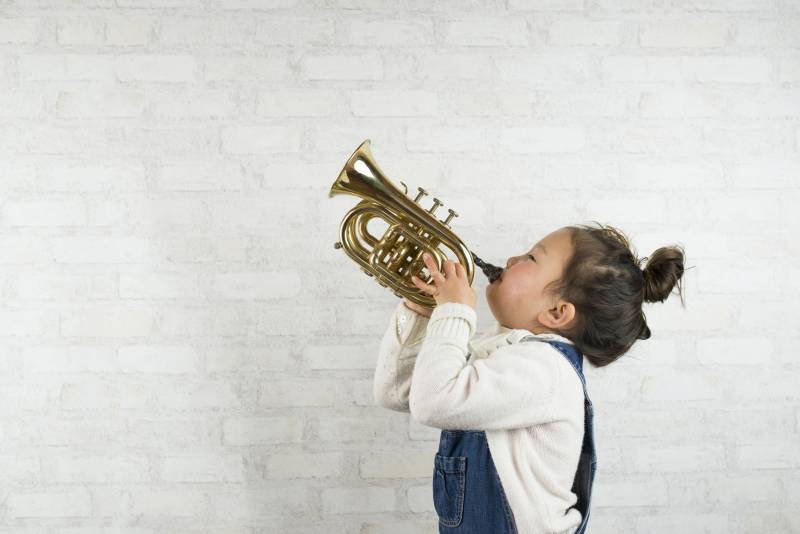From hearing lullabies to the sing-song lilt of a parent’s voice, babies form strong connections with their caregivers through sound and song. Think about the way we instinctively bounce or rock fussy babies.
That rocking is rhythm, one of the core “ingredients” of music, according to Nina Kraus, a neuroscientist and author of the book “Of Sound Mind: How Our Brain Constructs a Meaningful Sonic World.” “Before babies learn the words, they learn the music," said Kraus. "Why do we use the intonations and inflections that we do with babies? It's because they respond to that and they learn.”
Music, she notes, does an exceptional job activating our cognitive, motor, reward and sensory networks. And making music changes the brain for the better, said Kraus. “It strengthens your cognitive skills because it relies on memory and focused attention. And it strengthens the kinds of skills that we know are important for reading, for learning and for engaging with other people.”
Connecting Music to Literacy
Music educator Anita Collins, author of “The Music Advantage: How Music Helps Your Child Develop, Learn, and Thrive,” often tells parents and teachers that when you stack up all the evidence about the benefits of music education, it’s a clear net positive for children. “Supporting music learning is giving kids a gift for the rest of their lives. Even when they are older, their brain health will be stronger because of what they did when they were nine.”
Early in Collins’ career, she began to notice a connection between kids who struggled to keep the beat in music and their progress in language class. Sometimes, she was able to bring an early reading issue to an educator's attention simply from watching a five-year-old struggle to stay on beat. She began to wonder, “If we do more beat-keeping, particularly with those kids, could we have an impact on their language learning?”


